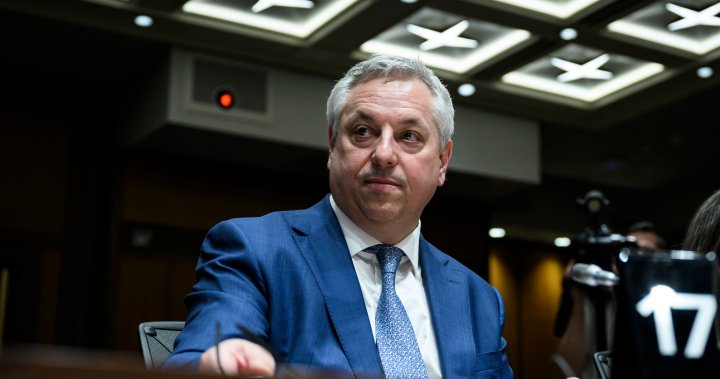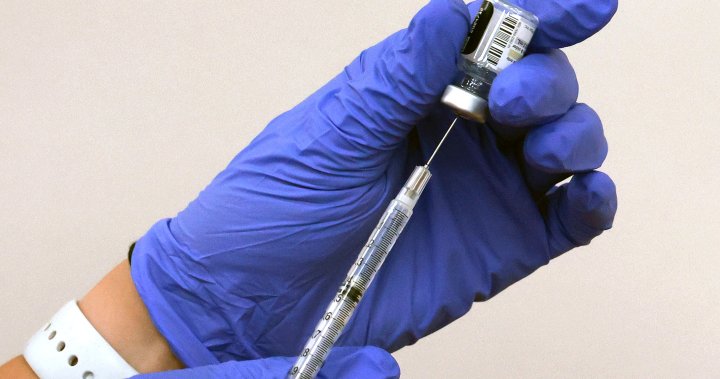An unknown number of federal politicians are knowingly working with hostile countries to interfere in Canada’s democracy, according to Parliament’s national security committee.
The startling revelation came from the National Security and Intelligence Committee of Parliamentarians’ (NSICOP) latest report into foreign meddling in Canada’s democratic institutions, including by countries like China, India and Iran.
The committee reviewed top-secret intelligence reports that suggested sitting parliamentarians are “witting or semi-witting” participants in foreign interference operations, including divulging secrets to foreign governments.
“Some (of the activities) may be illegal, but are unlikely to lead to criminal charges, owing to Canada’s failure to address the long-standing issue of protecting classified information and methods in judicial processes,” the report read.
“Regardless, all the behaviours are deeply unethical and, the committee would submit, contrary to the oaths and affirmations Parliamentarians take to conduct themselves in the best interests of Canada.”
The 92-page report was drawn from more than 4,000 documents as well as interviews with senior intelligence officials, public servants and cabinet ministers, including Prime Minister Justin Trudeau.
The email you need for the day’s
top news stories from Canada and around the world.
It was prompted by a series of reports, including by Global News, about the Chinese government’s foreign interference activities in Canada in 2022. The reporting was based on confidential sources as well as reviews of intelligence reports.
While the committee said the leaks of top-secret information to the media were regrettable, they also lit a fire under the government to take foreign interference more seriously.
“The committee acknowledges an uncomfortable truth. Prior to the leaks, there was little sense of urgency between elected officials and senior decision-makers to address outstanding gaps to this important and well-documented threat to national security,” the report concluded.
“Regrettably, the leaks were the principal catalyst for the government to start considering key legislative reforms and to take meaningful actions against particular states.”
The report comes one week after another national security review body found “unacceptable gaps” in intelligence sharing on foreign interference within the federal government.
The National Security and Intelligence Review Agency (NSIRA) reported last week that CSIS and Public Safety Canada did not adequately track who was given access to intelligence reports, and that senior officials briefed on foreign interference operations didn’t always understand the significance of the information.
The NSIRA review also found that disagreements between CSIS and Trudeau’s national security advisor – who viewed the operations as “standard diplomatic activity” – meant that Trudeau and senior cabinet ministers did not receive intelligence on the incidents in 2021.
“Commitments to address political foreign interference are straightforward in theory, but will inevitably suffer in practice if rudimentary disagreements as to the nature of the threat persist in the community,” the report stated.
NSIRA also examined the allegations of foreign interference in the 2019 Liberal nomination in Don Valley West. While the agency found that CSIS intelligence on the nomination was shared widely within government – including with Trudeau personally – that information was not always shared in a timely manner.
The CSIS intelligence also did not “sufficiently distinguish” between foreign interference threats and normal dirty tricks in a political contest.
“While this distinction was largely implicit, absent a clear articulation of why CSIS believed that specific activities constituted foreign interference, consumers – particularly those familiar with the tactics of political campaigns – may not have appreciated the intended import of the intelligence provided,” the agency said.
More to come.
© 2024 Global News, a division of Corus Entertainment Inc.





